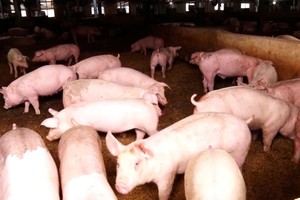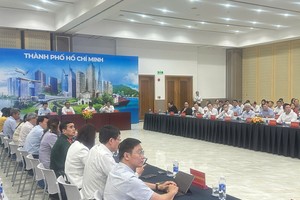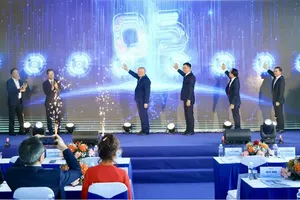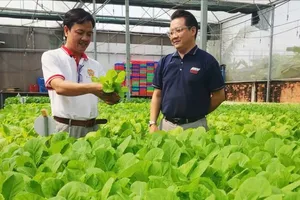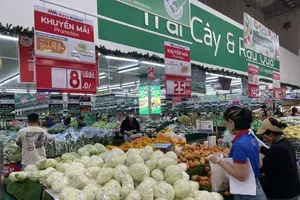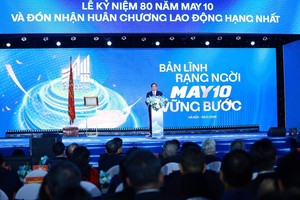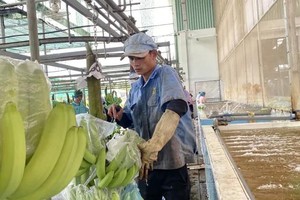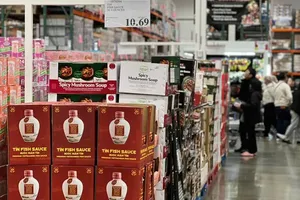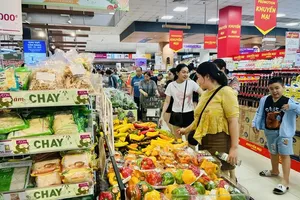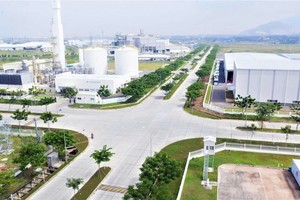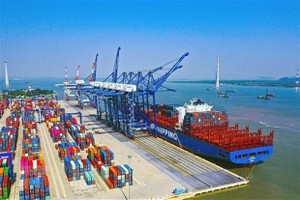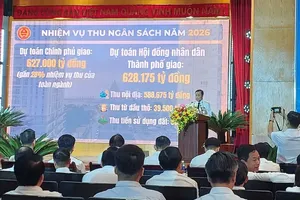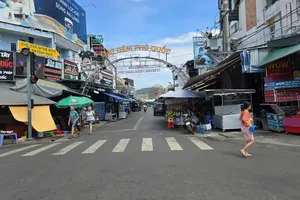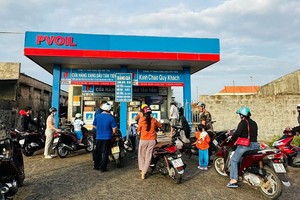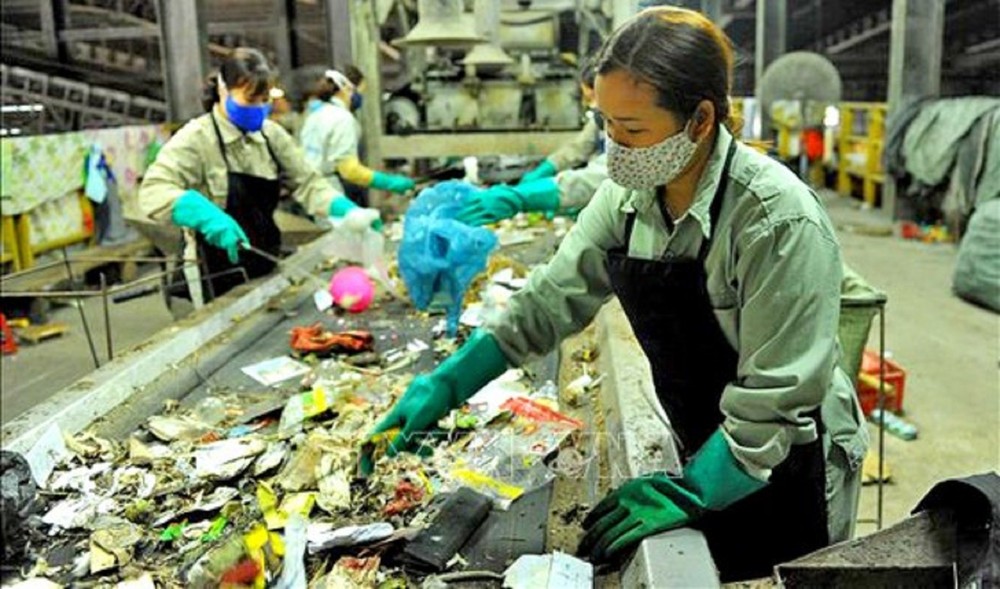 |
| Illustrative photo |
In last week’s scientific conference ‘Fostering the development of preservation and processing technologies for agricultural, forestry, and fisheries products in the Mekong Delta and its neighborhoods’, the research by the Seafood Research Institute drew a notable conclusion.
It pointed out that most by-products and waste (fish fat, gelatin from fish skin, fish intestines) of seafood processing procedures have not been turned to other value-added merchandise (fishmeal, collagen, bio-fertilizer).
Statistics from the Ministry of Agriculture and Rural Development reveal that the total quantity of by-products in agricultural production reaches nearly 160 million tonnes, including 90 million tonnes in the farming industry, 62 million tonnes in the livestock industry, and 1 million tonnes in the aquatic industry. Only 20 percent of the waste in the second industry is transformed into biomass energy or organic fertilizer.
The Ministry of Agriculture and Rural Development asserted that these by-products when properly handled can generate huge profits. For instance, the exploitation of the 1-million-tonne waste in the aquatic industry can earn US$4-5 billion.
Vietnam is now ranked at the 4th position among 20 nations with the largest plastic waste volume in the world, disposing about 1.8 million tonnes a year, only 10 percent of which is recycled. The Vietnam Plastic Association stated that if 30-50 percent of this waste is appropriately processed, plastic businesses can greatly reduce their imported raw materials and save 15 percent of production cost. That is not to mention a cleaner environment.
Other waste kinds like construction debris should have been used as ground leveling material instead of being thrown away, which is rather harmful to the environment.
The good news is lately, the community and businesses have been paying more attention to waste reuse and recycling. Many people turn their old clothes into bags for grocery shopping rather than choosing plastic bags. Several farmers use straw to grow mushroom, and then turn it to fertilizer after harvesting those mushrooms. A lot of member enterprises of the Vietnam Plastic Association actively invest in plastic recycling activities.
On June 7, 2022, the Prime Minister released Decision No.687/QD-TTg to approve the project ‘Developing a Circular Economy in Vietnam’, aiming at fostering green growth by more effectively using resources and protecting the environment. However, this decision is not detailed enough to adopt.
To form a circular economy, it is necessary to have both knowledge and available resources. Businesses should know how to create a production chain that can make the most out of by-products or turn them into other commercial end-products suitable for the market demands. Each citizen should be willing to buy and use recycled merchandise.
More importantly, the introduced policies must be clearly explained in corresponding legal documents so that related functional agencies can quickly implement them in reality.
